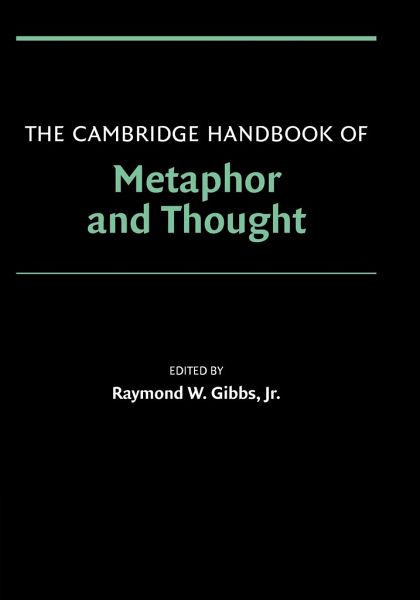
The Cambridge Handbook of Metaphor and Thought
Versandkostenfrei!
Versandfertig in 1-2 Wochen
65,99 €
inkl. MwSt.

PAYBACK Punkte
33 °P sammeln!
Written in response to the growing interest within the area, in this book a distinguished cast of authors explore the significance of metaphor in language, thought, culture, and artistic expression. Presenting cutting-edge findings within a broader context than many other publications, they cover disciplines varying from music, mathematics, business and law.














